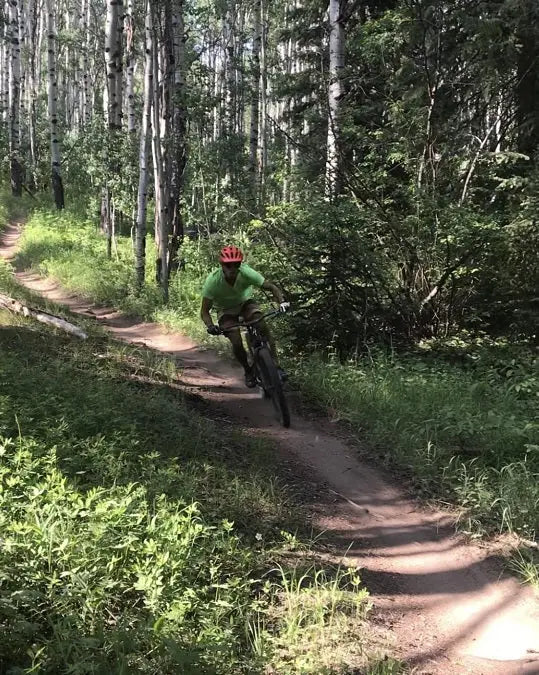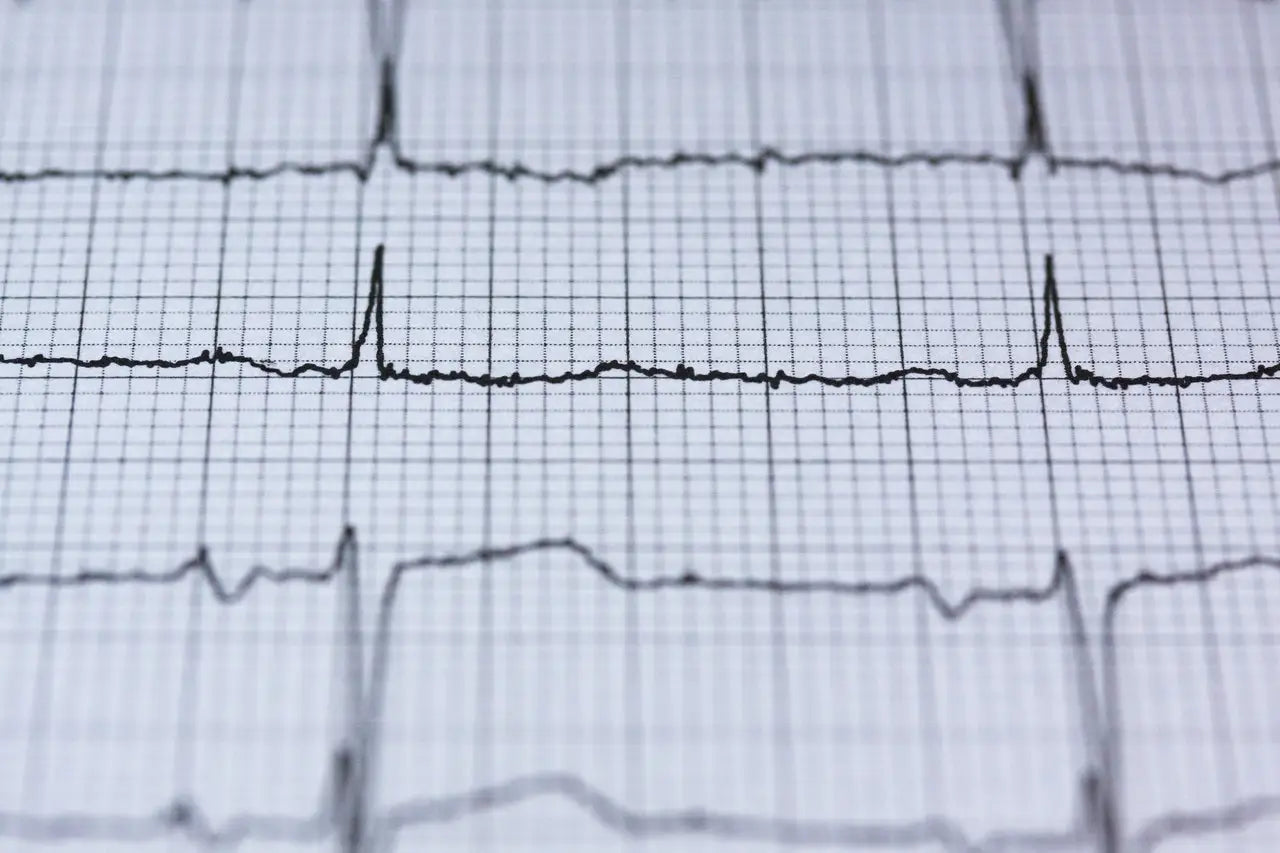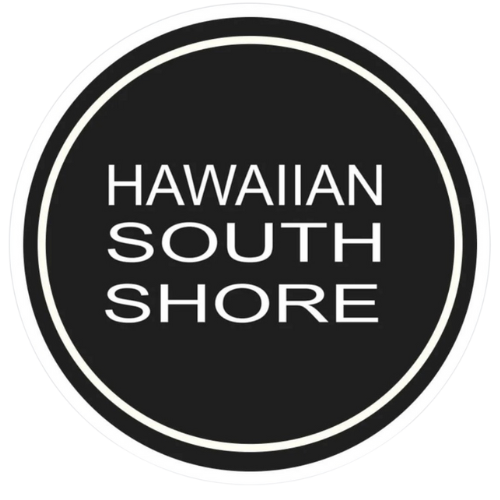A Near Miss and an Important Lesson Learned
Share
A Near Miss and an Important Lesson Learned

We talk about health a lot in our newsletter, from exercise regimens to healthy diets and everything in between. As I get older, I am becoming acutely aware of how important health is, and how letting our bodies go can affect us in a myriad of ways, from getting in the way of surfing and other hobbies to putting us in the hospital. But sometimes even if you take good care of yourself, you still end up having a medical crisis. Sometimes it’s genetics, other times it’s just plain bad luck.
Last week, Hawaiian South Shore’s adventure journalist Matt Rott was in Colorado on a mountain bike trip, when one of his riding buddies ran into a serious health issue. We’ll let him tell the story.
I like to mountain bike with a wide variety of people, from young kids to older guys my parents age. During this particular trip, Kilty and I went to Crested Butte with our friend Chuck, who is 66 years old. But despite his age, he’s super gnarly! He’s broken his back, wrist, clavicle, hip and ankle in a bunch of different mountain bike crashes over the years, and also destroyed his knee during a dirt bike crash in Moab, to the point where doctors told him he’d never walk again. He’s also a cancer survivor and has had heart surgery (ablations) to correct electrical issues. Despite all of this, he’s more active than most 66-year-olds you are likely to meet, and when he mountain bikes, he secretly gloats whenever he passes people on the trail, laughing to himself that they are unknowingly getting schooled by an old, “crippled” cancer survivor with heart disease.
During our trip, I noticed that he was riding a lot slower than normal on the climbs, but I wrote it off to the recent trip he did to Florida, where he essentially spent six weeks sitting around drinking margaritas (and not exercising). Plus, we were riding at 10,000 feet elevation and climbing steep pitches during our rides, so it wasn’t completely ridiculous for him to be huffing and puffing.
The fourth day of the trip, he stopped us 30 minutes into a ride and told us he was going to turn around. He said his trachea was hurting whenever he pedaled hard and got out of breath, so he wanted to head back to the car slowly rather than riding the rest of the way with us and then having a lot climb to get back to the trailhead. He told us he was alright, just tired and that maybe the smoke in the air was messing with his trachea, so we left him on the side of the trail and rode for another hour before turning around.
Halfway back to the car, we came across Chuck again. He had ridden back up to the pass, sat in his car for a while, then decided he was bored and ridden back down to us. He pedaled slowly up the steep hill with us for 45 minutes, keeping his heart rate down and his breathing slow in order to keep his trachea from hurting. Then he headed home, as our trip had come to an end.
The next day, Chuck went mountain biking with his son, and his trachea hurt again, despite the fact that they rode pretty slow. He started to worry, but being a tough old dude who had been through a lot of pain in his life, he ended up shrugging it off again. The day after that, he was out on a walk with his wife and his “trachea” started hurting again—but by now he was beginning to suspect that it wasn’t his trachea that was causing the problems. He ended up walking himself to the emergency room at the hospital a mile from his house, and checked himself in.
After an hour of tests, doctors had confirmed that Chuck had been having a series of minor heart attacks—during our mountain biking trip, during the ride with his son, and during the walk to the hospital. They did a heart cath and found that he had five clogged arteries and his heart was 95% occluded, which means barely any blood was getting through at all. The fact that he was even able to mountain bike was incredible in itself, but the fact that he hadn’t keeled over and died while riding with us at 10,000 feet elevation was the true miracle.

Doctors quickly scheduled open-heart surgery, which was performed the next day. Chuck’s heart was strong and his various markers were all good—low cholesterol, etc. But as it turned out he was genetically predisposed to heart disease, even though he had no idea that was the case. He’d done everything right, but still ended up having quintuple bypass surgery, with the arteries in his heart being replaced by veins and arteries harvested from his chest and leg.
I saw Chuck two days after the surgery, and he was already looking like his normal self. He was a bit weak, but he’d been out on three walks that day and recorded all three of them on Strava, which is an exercise app where you can record your efforts and compare them with other people who have biked/run/swam the same routes. The doctors say he can get back on a stationary bike in three weeks, and will be mountain biking with me by October. Knowing Chuck, he’ll probably try to push that a bit and be on his mountain bike by September. The guy is an absolute monster, and hasn’t let any medical crises stop him in the past.
The scary thing about Chuck’s recent misadventure is that there were absolutely no indicators that his heart was 95% blocked, aside from the fact that he was riding a bit slower than normal. The reality is that his arteries have probably been clogged to the point of needing heart surgery for years, but until he started having heart attacks, no one had any idea. He’s incredibly lucky that he was able to get to the hospital before things got worse, because if he’d coded on the trail, there’s a good chance he wouldn’t have survived.
Chuck’s experience has caused me to rethink my attitude toward preventative medicine. Although I am much younger than him, have no noticeable symptoms or medical distress, and train full time as a big wave surfer, mountain biker, and rock climber, I have decided that the only responsible thing to do is to get regular checkups that can identify silent issues such as heart disease. At the same time,
I have recommitted myself to a low-sodium, vegan, non-sugar, non-alcohol, macrobiotic diet—a diet full of whole grains, fruits, veggies, nuts, and seeds, that gives me the best chance of avoiding killers like heart disease and cancer. I encourage everyone else to do the same. You never know when a simple heart stress test or a salad instead of a hamburger could save your life!
More To Read...
- How To Choose The Right Fin Size For Longboards?
- The Difference Between Firewire’s LFT and Helium With Rob Machado
- Who and What is Thunderbolt Technologies?
-
Local Girl Carissa Moore Wins the First Olympic Gold Medal for Surfing!
